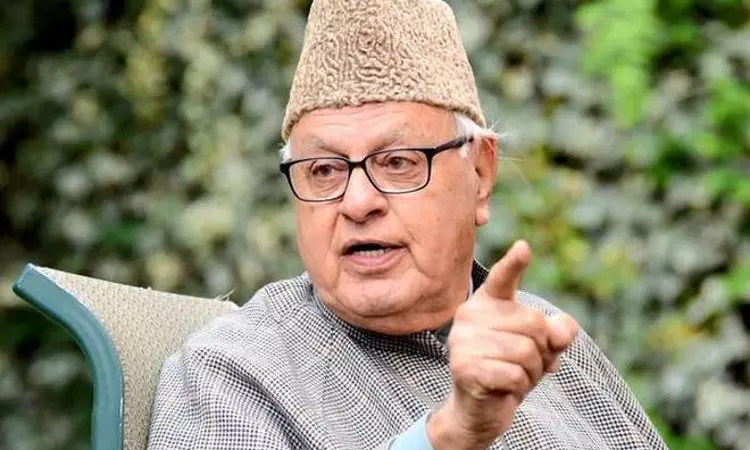J&K High Court Quashes PMLA Charges Against Dr Farooq Abdullah In Alleged Cricket Association Scam
LIVELAW NEWS NETWORK
14 Aug 2024 7:43 PM IST

Next Story
14 Aug 2024 7:43 PM IST
The High Court of Jammu and Kashmir and Ladakh today quashed the charge sheet filed against Dr Farooq Abdullah under the Prevention of Money Laundering Act (PMLA) in the Jammu and Kashmir Cricket Association (JKCA) scam. The Court ruled that the Enforcement Directorate (ED) cannot act as an appellate authority over the conclusions drawn by the Central Bureau of Investigation (CBI),...
